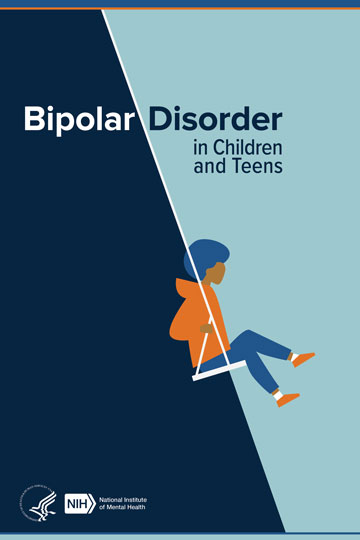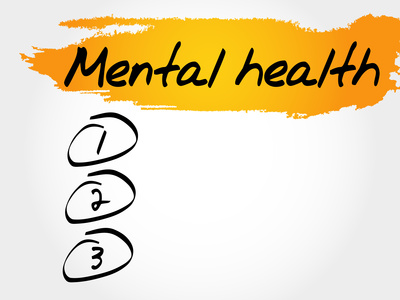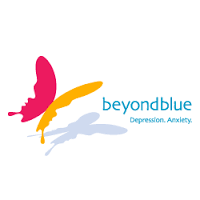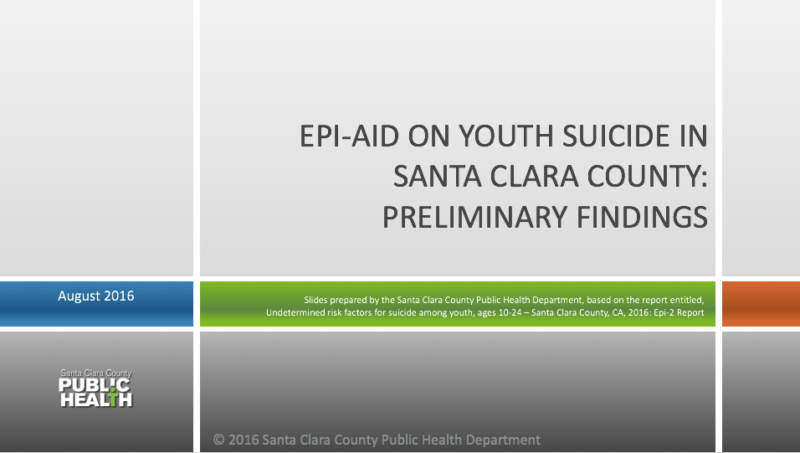
Warning Signs of a Mental Health Condition
Trying to tell the difference between what expected behaviors are and what might be the signs of a mental illness isn’t always easy. There’s no easy test that can let someone know if there is mental illness or if actions Read more >>











